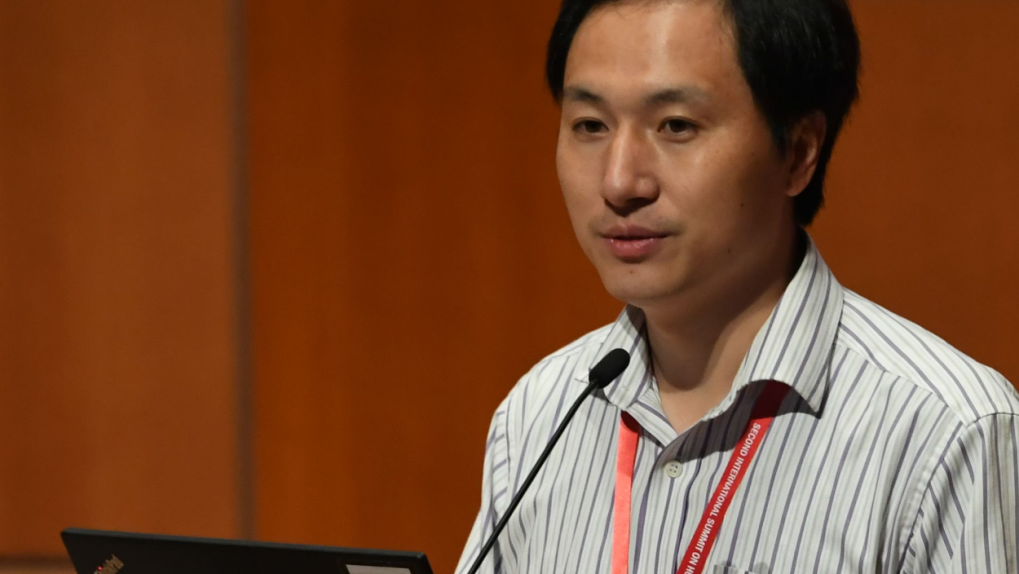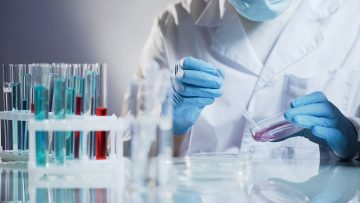In late 2018 a Chinese scientist name He Jiankui performed work that has gained him not only the criticism of his peers but also backlash from his home country’s government. He took the extraordinary step of performing genetic modification on human embryos with the intention of having them carried to term. A pair of newborns resulted from the work, marking the start of a potentially dangerous new era of genetic experimentation.
The decision to genetically modify the babies has been roundly decried by others in the genetics field, and a new paper published in Nature Medicine suggests that the modifications He made to the two children may ultimately doom them to early deaths.
The genetic modification carried out by He was intended to make the twin girls resistant to the AIDS virus. To accomplish this, He tweaked their CCR5 gene, but whether the risk was worth the presumed reward remains unclear.
The Nature study examined the overall mortality of some 400,000 individuals, and the researchers focused on people who were born with a CCR5 variation naturally. What the team discovered is that those with the CCR5 mutation actually had shorter overall life expectancy, and the scientists think they know why.
CCR5 is believed to play a role not only in a person’s susceptibility to the AIDS virus, but other illnesses as well including influenza. The researchers now believe that the overall increase in mortality is likely linked to a higher likelihood of dying from another illness such as the flu. Overall, the team found that those with the CCR5 mutation were over 20% more likely to die before the age of 76 than those without it.
“There are many reasons not to make CRISPR babies at this stage. And one of them is the fact that we can’t really predict the effect of the mutations that we induce,” Rasmus Nielsen, lead author of the study, told NPR in a statement.








